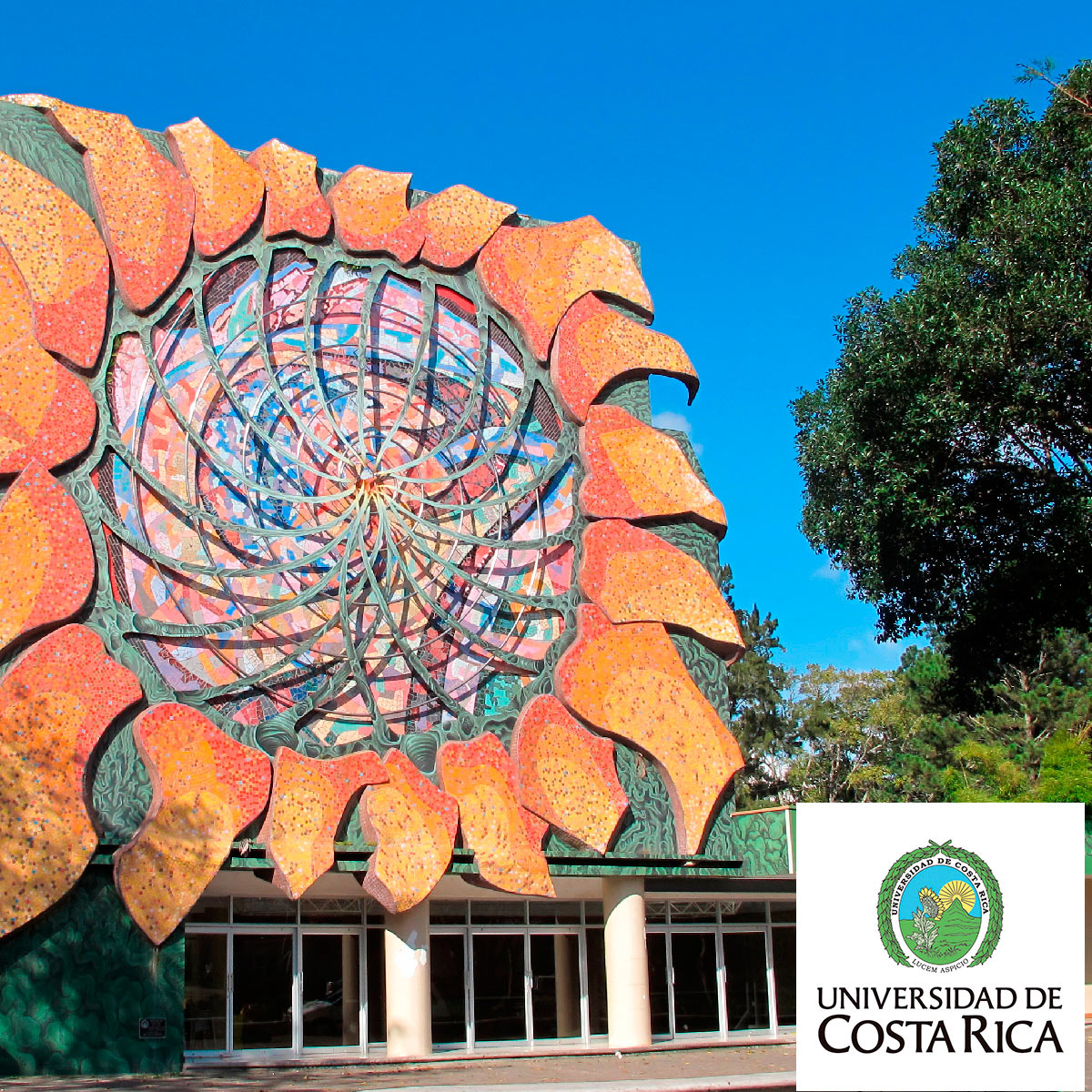
The University of Costa Rica (UCR) is integrated as a community of professors/teachers, students, and administrative staff, sorted in faculties dedicated to teaching, research, social action, artistic creation, and knowledge spreading with the goal of preparing professionals with a human, ethical and responsible sense. To achieve its goals UCR has 5500 professors/teachers, 4200 administrative staff and 40500 undergraduate and postgraduate students. The enrollment of approximately 8000 students every year is estimated, they are distributed in 14 faculties. Furthermore, UCR has 7 regional campuses, 46 research institutes and centers, 14 farms and experimental stations including biological reserves.
UCR is placed as the best University of Central America and the Caribbean and has a spot among the best 20 universities in Latin America. It contributes with 60% of the scientific production of Central America and develops 70% of Costa Rican investigation.
The Faculty of Agrifood Sciences is committed with professional formation, generating and transferring knowledge, it promotes transformations needed in the field for its development, as a benefit for the Costa Rican society’s life quality. It is conformed by 4 Schools: Agronomics, Zootechnics, Food Technology and Agricultural Economy and Agro Business. It is in this last School of Agricultural Economy and Agro Business, where the bond with the SUS-TER project has taken place, starting from the experience of its professors, teachers and support staff in projects and activities of development of rural territories.
The University of Costa Rica, through the School of Agricultural Economy and Agro Business has joined the SUS-TER project due to its own school and project features. The School develops projects of agro business, sustainable development of rural territories, social action as a support for small business groups in rural communities, supporting indigenous groups, afro-descendants, rural women and youth rural spaces. The Career has its own accreditation and partnered with the Technological Institute of Costa Rica the are responsible of the “Eagronegocios” magazine, which is indexed and is the first of its kind in the country.
The SUS-TER project has been registered through the School of Agricultural Economy and Agro Business in the face of the university’s vice-rectory of teaching. It coordinates actions with the Research Center on Agricultural Economy and Agro Business Development (CIEDA) as a strategy to strengthen the actions and a better exploitation of the project’s results.